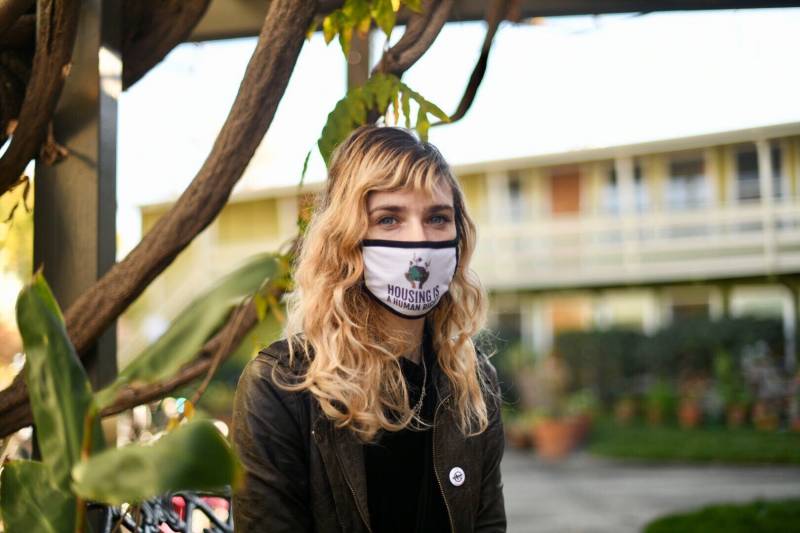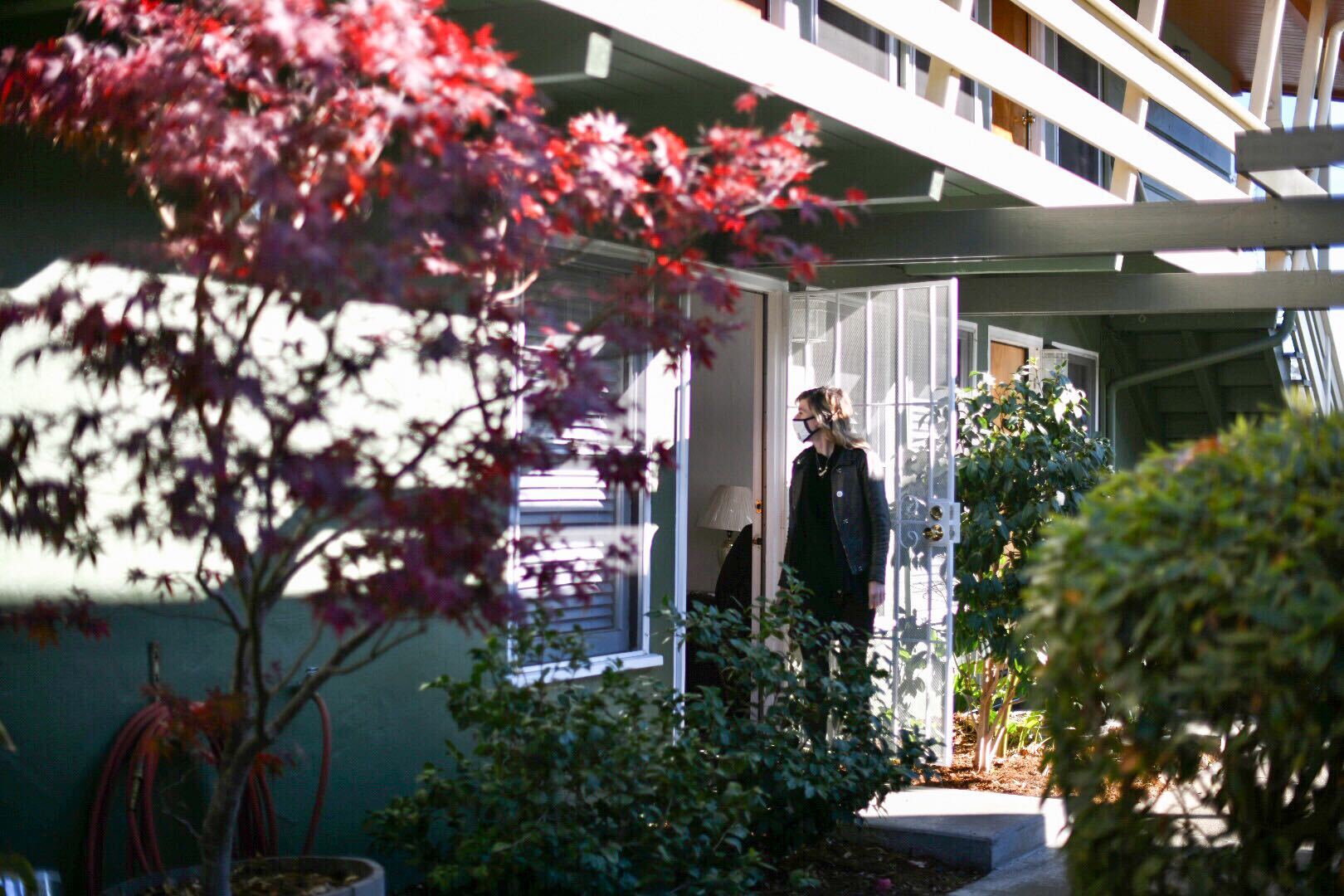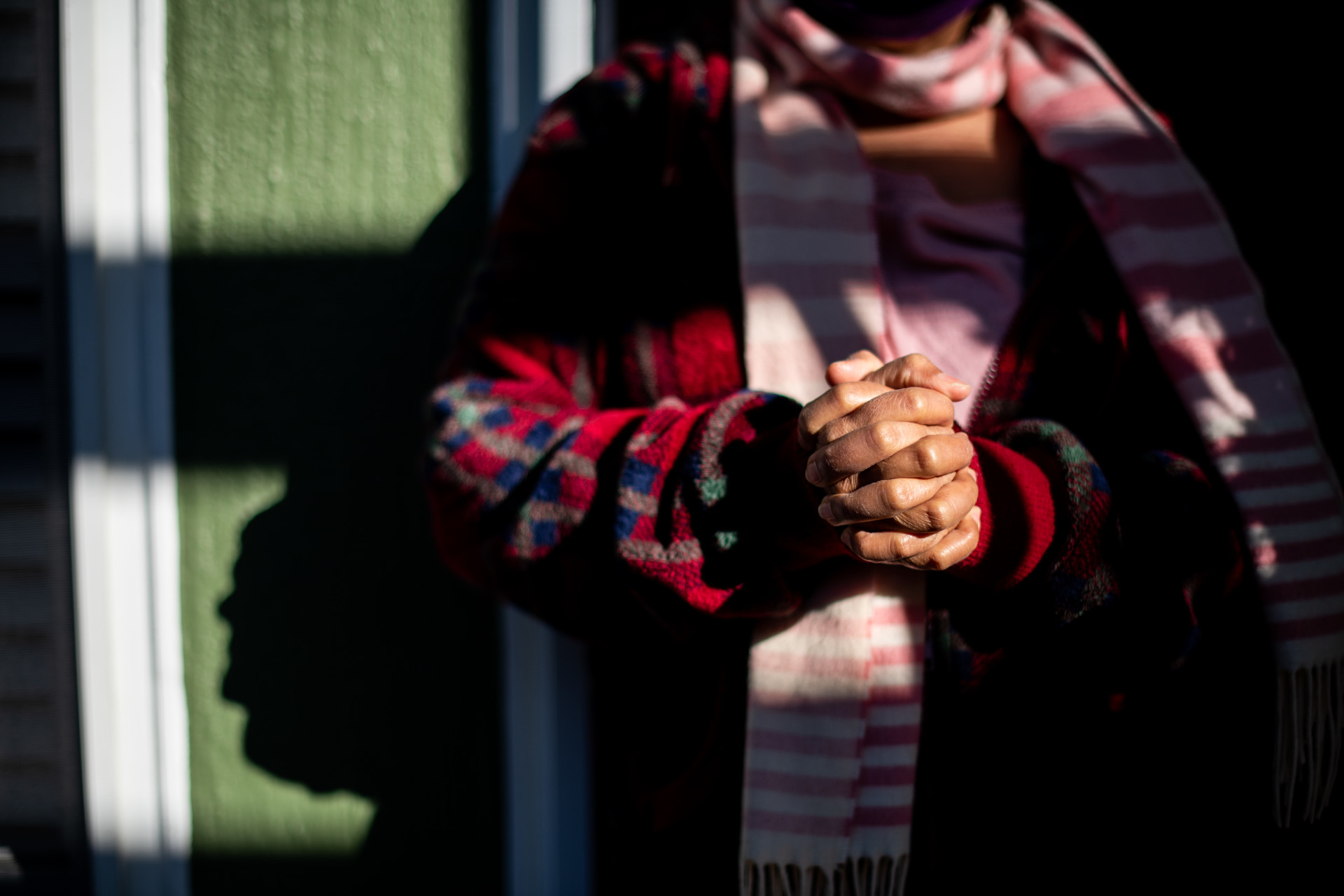It all started with a Zillow ad. Meilin Liu posted two rooms for rent in a duplex she owns near downtown Oakland.
And she waited. She expected the rooms to be rented in a matter of days.
“Usually it's one move out, one move in. But this is the first time, after I managed for 20 something years ... I have to sit on the market for months,” she said.
Liu said before the pandemic her inbox would be flooded with requests from people eager to move in.
But now, with the economic fallout from the pandemic, the rental market is changing. Layoffs and remote work have led many workers to flee the Bay Area. In response, prices are plummeting — median rent on a two bedroom apartment is down 13% in Oakland and 24% in San Francisco since March, according to Apartment List.
That’s opened up an opportunity to get more landlords like Meilin Liu to rent to people who have been homeless — something they have been reluctant to do in the past. Bay Area homeless service providers see private landlords as a vital part of their effort to find permanent housing for people who have been staying in Project Roomkey hotels during the pandemic.
As Liu’s rooms sat vacant, her Zillow ad caught the attention of a woman named Jasmine Yohai. She is a housing locator for nonprofit Bay Area Community Services, and she spends most of her time finding places to live for her clients who are coming out of homelessness.



